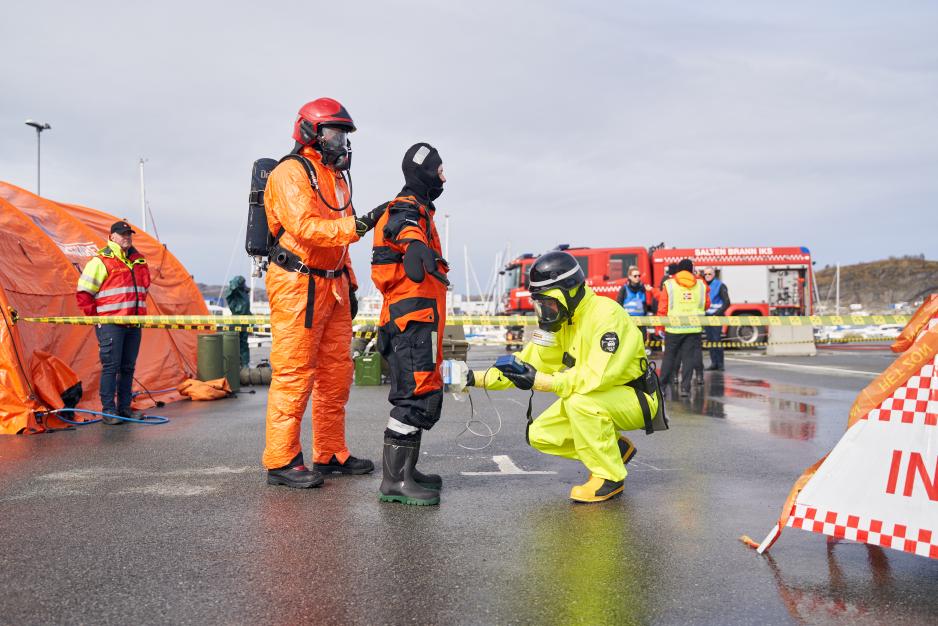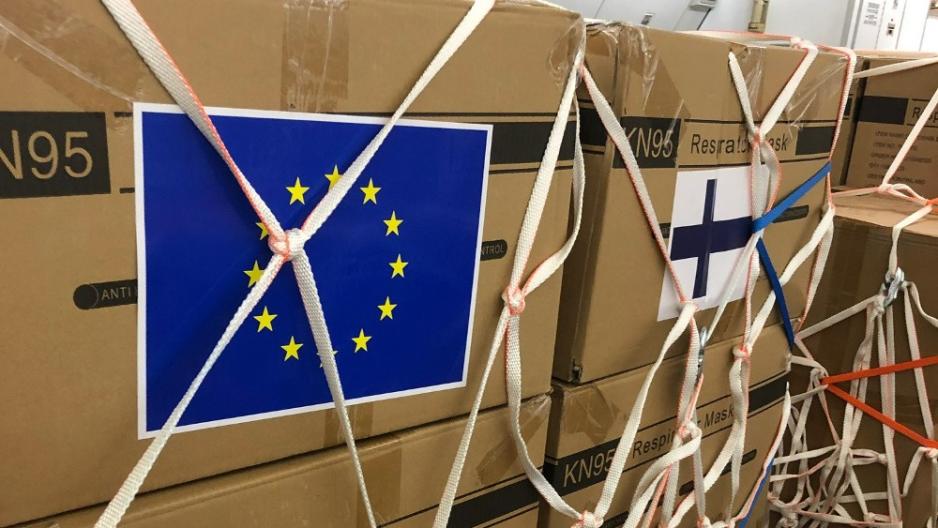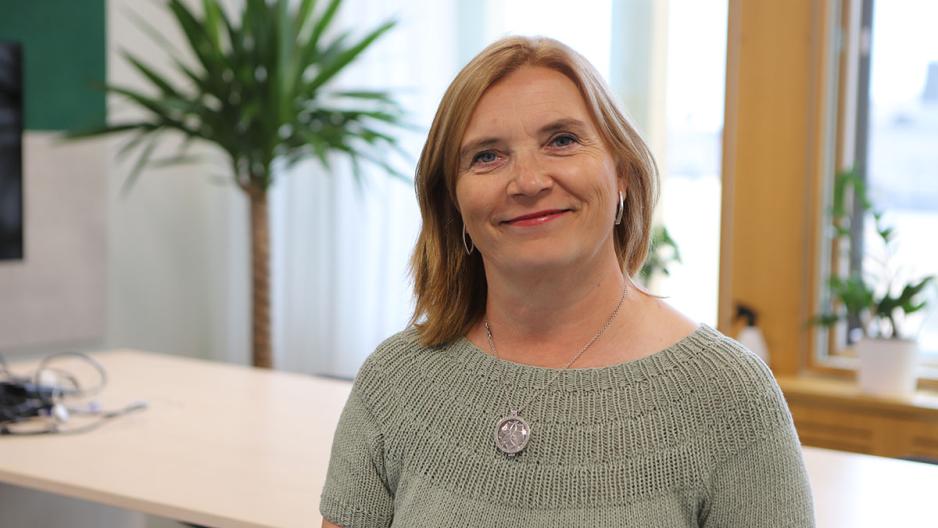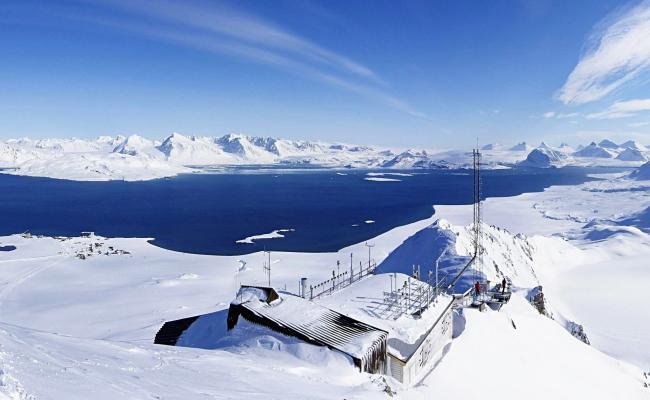Major Nordic Rescue Exercise in Northern Finland

During Rescue Borealis, Nordic preparedness resources practice cooperation in the face of the spread of hazardous substances. In a closed training area at the port of Oulu, measurements of radioactive radiation will take place, among other things. Illustrative photo from the nuclear emergency response exercise REIHN 2023 in Bodø. (Photo: Raymond Engmark/DSA)
This week, the Rescue Borealis exercise takes place in Oulu, Northern Finland. It will develop the preparedness cooperation across Finland, Norway, and Sweden, and specifically test joint response to CBRN threats.
On Monday, the international Rescue Borealis exercise started in the port area of the northern Finnish city of Oulu. It will continue until Friday.
The exercise focuses on the joint management of serious incidents containing chemical, biological, radioactive and nuclear substances (CBRN). Such incidents can occur as accidents, terror and acts of war.
Around 600 preparedness professionals from Finland, Sweden, Norway and Germany are participating.
From the Norwegian side, the exercise involves personnel from the fire and rescue service in Tromsø, Ofoten, Bergen and Oslo, the civil defense districts in Northern Norway, the healthcare sector, the police, and the Norwegian Radiation and Nuclear Safety Authority (DSA).
One of the exercise's main objectives is to strengthen the ability to give and receive assistance in emergencies across the borders in the Nordic region.
The focus on CBRN threats is related to Finland's responsibility for two of the EU's strategic stockpiles: rescEU CBRN and rescEU Medical. The use of these stockpiles, which includes i.a. protective equipment and measuring instruments, will now be tested.

RescEU is a European emergency reserve with capacities intended for events that no country can fully handle on its own. Finland has received a total of EUR 305 million from the EU Commission to build up stockpiles for CBRN incidents and medical emergencies, in 2023 and 2024, respectively. (Photo: the Finnish Ministry of the Interior)
Necessary preparedness
"In general, CBRN threats are not the most imminent danger to Europe, but they are among the most consequential," writes Tarja Rantala in an email to High North News.
Rantala is the project manager of the rescEU stockpile project in Finland's Ministry of the Interior and part of the team that leads Rescue Borealis.
"Exercising ensures resilience, credible deterrence, and the ability to respond effectively to both deliberate attacks and accidental releases," she points out and continues:
"In today’s European security environment – marked by Russia’s aggression in Ukraine and attacks on, for instance, the Zaporizhzhia Nuclear Power Plant, terrorism concerns, and industrial as well as critical infrastructure risks – CBRN preparedness is relevant, necessary, and increasingly emphasized in defense and civil protection planning."

Tarja Rantala, Project Manager of the rescEU CBRN stockpile project in the Finnish Ministry of the Interior. (Photo: the Finnish Ministry of the Interior)
Rantala also underscores the exercise's significance for the development of preparedness in the Northern Nordic region.
"Joint exercises are significant for the rescue cooperation in northern areas where distances are long and there may be a shortage of emergency resources. It is also the case that CBRN-type events easily cross borders, so cooperation in the fields of prevention and preparedness between the three countries is vital," she states.
Barents Rescue successor
According to the Finnish Ministry of the Interior, Rescue Borealis combines operational models from the EU Civil Protection Mechanism with a focus on the aforementioned rescEU strategic stockpiles – and the former tradition of the Barents Rescue exercise series.
Barents Rescue was first organized in 2001, and has been held regularly since 2005 within the framework of the Barents Cooperation between Russia, Finland, Sweden, and Norway.
The last planned edition of Barents Rescue was to take place in Bodø in 2022, but was cancelled due to Russia’s full-scale invasion of Ukraine.
Russia withdrew from the Barents cooperation in 2023, and Finland announced last autumn that it would leave the Barents Euro-Arctic Council after 2025. As a result, Finland, Sweden, and Norway are discussing the design of a new structure for cooperation in the North.
While the specific exercise combination in this year's Rescue Borealis might be unique, Finnish, Swedish and Norwegian authorities are positive about organizing joint rescue exercises in the North in the coming years as well, according to Rantala.



